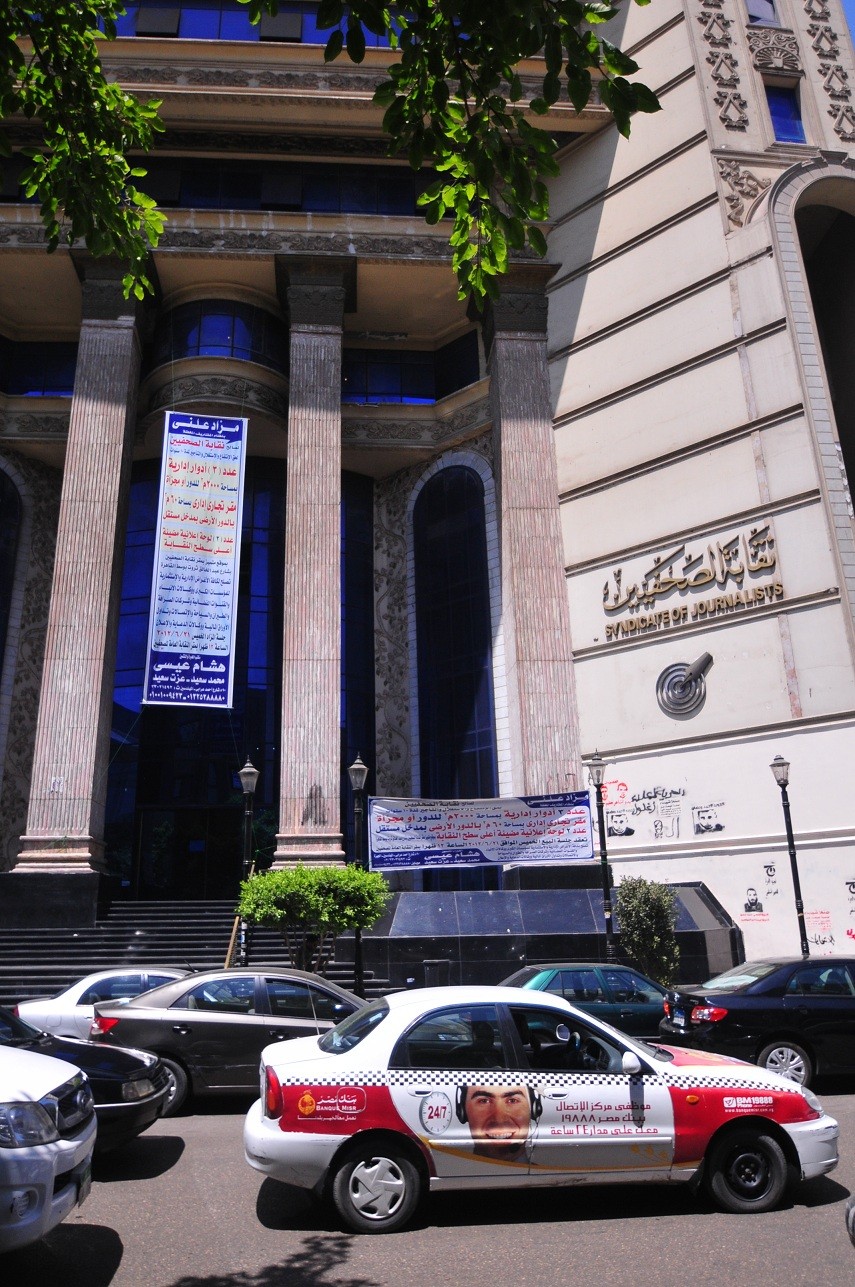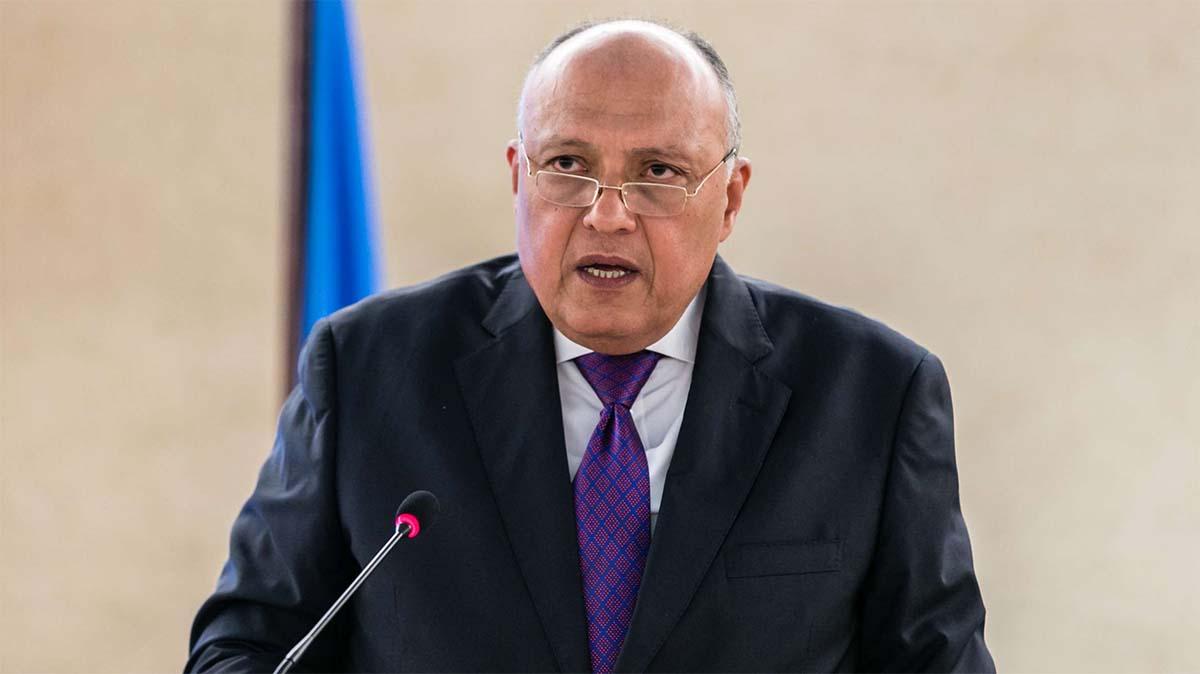CAIRO: Holding the Shoura Council elections over two stages instead of three will not undermine the fact that the elections will be free and fair, according to Mazen Hassan, professor of electoral systems at Cairo University.
"This means that each judge will be responsible for overseeing more ballot boxes in the Shoura Council elections than they did in the People’s Assembly elections," Hassan, told Daily News Egypt.
"But I don’t think this will have any grave effect on the honesty of the elections," he added.
Field Marshall Hussein Tantawi issued a decree Monday to hold the Shoura Council elections over two stages instead of three, according to official news agency MENA.
The first round of the Shoura elections slated for Jan. 29-30 will take place in 13 governorates instead of nine, including Cairo, Alexandria, Gharbiya, Daqahliya, Menufiya, Damietta, North and South Sinai, Fayoum, Assiut, Qena, Red Sea and El-Wadi El-Gadid, with run-offs scheduled for Feb. 7.
The second round will start on Feb. 14-15, to include the remaining 14 governorates: Giza, Qaliubiya, Sharqeya , Beheira, Kafr El-Sheikh, Ismailia, Port Said, Suez, Marsa Matrouh, Beni Suef, Minya, , Sohag, Luxour and Aswan, with run offs slated for Feb.22.
The Shoura Council (the Upper House of Parliament) will be seated on Feb. 28, instead of the end of March according to the initial plan.
During PA elections, which kicked off on Nov.28-29, each judge was responsible for four ballot boxes, two for the closed party lists and two allocated for single-winners seats.
The Supreme Council of the Armed Forces (SCAF) had previously decided to hold the Shoura Council and PA elections over three stages each.
The third and final round of the PA elections begin Tuesday, with run-offs scheduled for Jan. 10. the PA will be seated on January 23, two days before the first anniversary of the January uprising.
"The turnout is usually a lot less for the Shoura elections and therefore the competitiveness between candidates and reported violations are also a lot less," Hassan said.
Candidates will be contesting 180 of 270 seats up for grabs in the Shoura Council. The remaining 90 seats will be appointed by the next president after his election.
SCAF generals had previously said that holding the elections over three stages was a necessity to ensure full judicial supervision and guarantee the integrity of the process.
"But speeding up the electoral process is much more essential now," Hassan said.
He added that the absence of judges from the courtrooms, as they monitored the elections for over 24 days over the span of around four months negatively impacted Egypt’s judicial system.
Constitution debates
On Sunday, Judge Mohamed Attiya, minister of parliamentary affairs, said that the door for presidential candidature applications will open in April following the public referendum on the new constitution, according to a report issued by state-run Al-Ahram newspaper.
This statement indicates that the new constitution will have to be written and approved through the referendum in less than two months, to make way for the presidential poll.
Raafat Fouda, constitutional law professor at Cairo University told DNE that the new constitution could be drafted in two weeks, if the process goes smoothly.
However, the radical differences between political powers over many essential issues such as the choice of political system to follow, whether it parliamentary, presidential or mixed system, in addition to debate over the role of religion in politics, indicates that the process could take much longer, he said.
The sweeping triumph of Islamists at the polls has raised doubts over how far the assembly will represent all sectors of Egyptian society. And attempts by SCAF to impose supra-constitutional articles to preserve the autonomy of the military institution and give it a political role were also met with fierce opposition.
"Debates over Article 2 of the constitution can alone take a year until the issue is settled and agreed upon by all political powers," Fouda said.
Article 2 states that Islam is the state religion and that the principles of Islamic jurisprudence are the principle source of legislation.
With Islamists winning 70 percent of the PA vote so far, liberal parties have been fearful that they will attempt to create an Islamic state.
Prominent liberal parties including the Free Egyptians Party, founded by business mogul Naguib Sawiris, and Al-Wafd Party, reiterated that they accepted Article 2 of the constitution, while stressing the importance of establishing a civil state, not an Islamic one.
They added that the article should guarantee the rights of non-Muslims to follow their own religious doctrines, especially in personal status issues such as marriage, divorce and inheritance.
Copts, who represent around 10 percent of Egypt’s population of 82 million, have long complained of oppression and called for equality with their Muslim counterparts under the secular Mubarak era.
Controversy over the process of selecting the 100-strong constituent assembly tasked with drafting the constitution has yet to be settled.
"This could force SCAF to hold presidential elections before issuing the constitution," Fouda said.
"But such a course of action will cause many problems related to ambiguity over the jurisdiction of the newly elected president and the parliament and which one will have the upper hand," he added.

